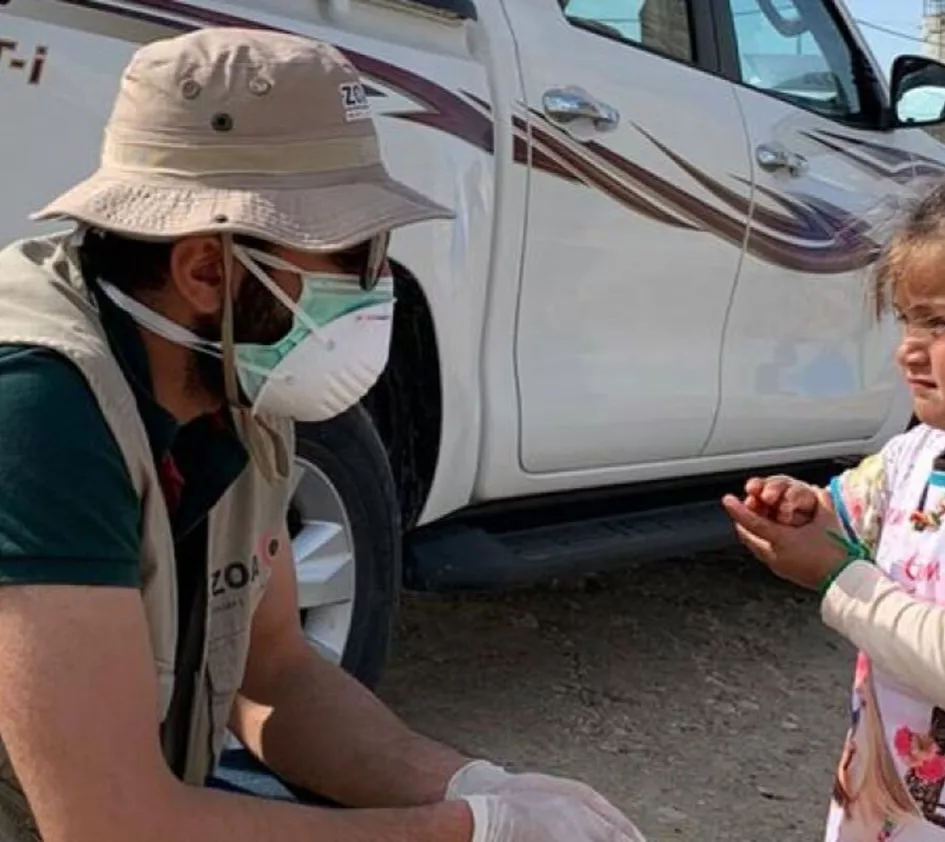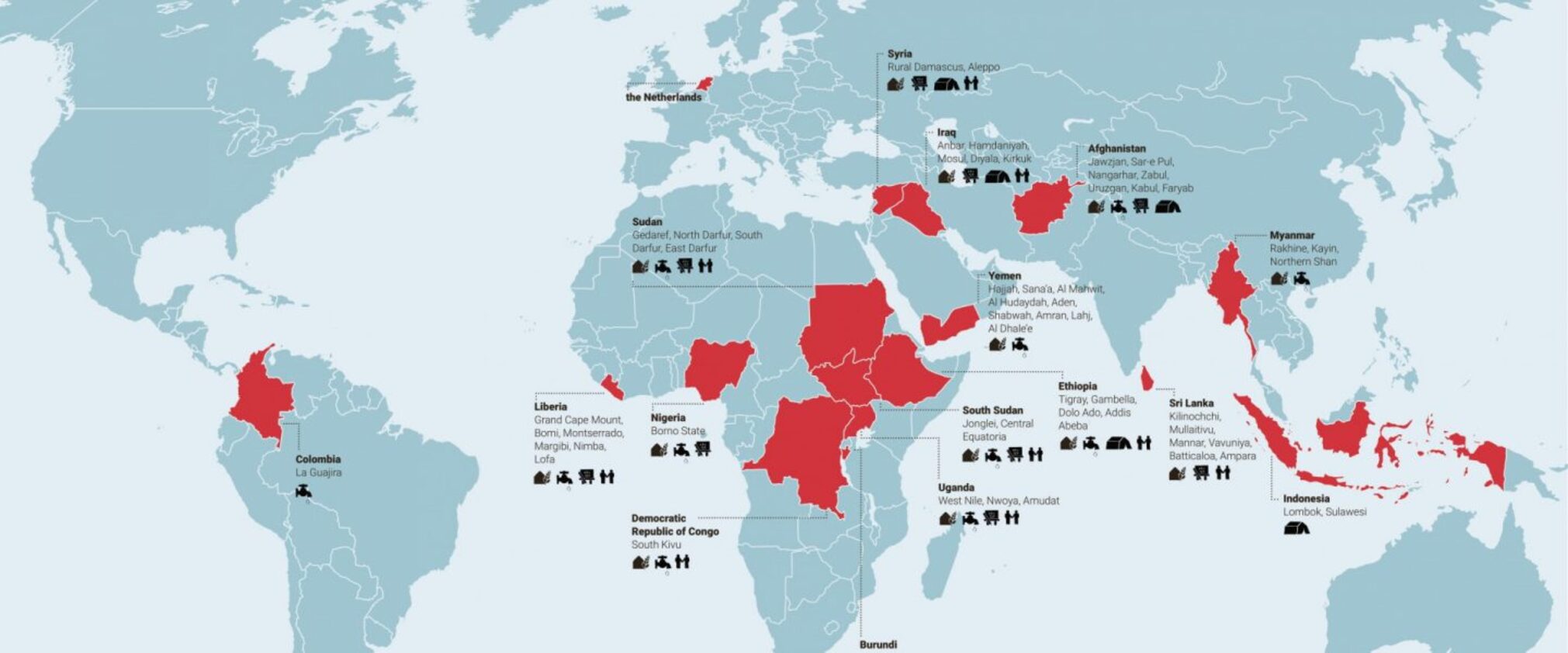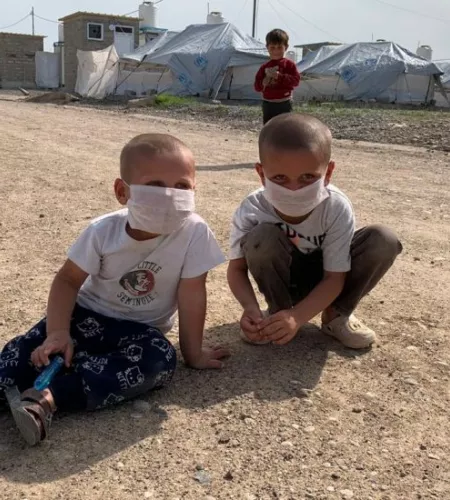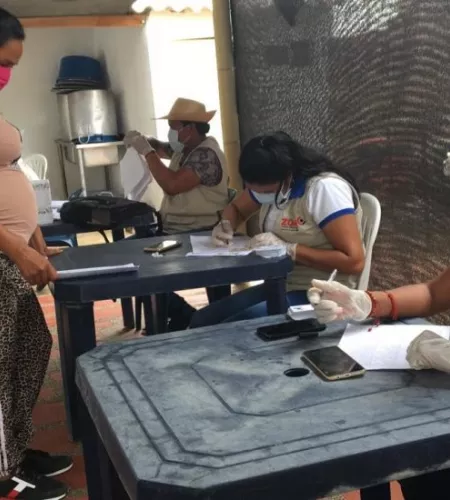27th of September: update: overview of our emergency response worldwide
ZOA works with people who have to deal with conflict, displacement en food insecurity. Support is needed more than ever. Even when restrictive measures make our work difficult. We do everything in our power to continue to provide life-saving aid to our neighbours in need. Click on the map to see a short overview of the situation in the countries we work in.
27 July – call for the reopening of schools in Uganda
ZOA Uganda signed, together with 24 organizations a joint statement that calls for the reopening of schools in Uganda. Currently, the schools are still closed due to fear for the COVID-19 pandemic, the schools are already closed for several months. More than 15 million children are forced to stay at home. Click here to read more.
2 July – update: overview of our emergency response worldwide
ZOA works with people who have to deal with conflict, displacement en food insecurity. Support is needed more than ever. Even when restrictive measures make our work difficult. We do everything in our power to continue to provide life-saving aid to our neighbours in need. Click on the map to see a short overview of the situation in the countries we work in.
16 June- Covid-19 response in remote areas in Uganda
In Uganda, ZOA is part of a special COVID-19 working group in both regions. This allows us to respond directly to the greatest needs in the two regions: Acholi and Umudat. Through the active response and participation of ZOA in the COVID-19 working groups, permission has been obtained to go to remote villages, which were previously difficult to reach. Click to read more about our response to Covid-19 in Uganda.
6 June- ZOA supports 150 Indigenous Wayuu families living in the remote deserts in Northern Uribia, Colombia
ZOA prefers to provide support in the form of multipurpose cash or vouchers, because it preserves peoples dignity to choose and a sense of normalcy in the uncertain times of COVID-19. However, for 150 Indigenous Wayuu families living in the remote deserts in Northern Uribia, ZOA had to take a different approach. ZOA staff travelled 7 hours north and distributed food kits to vulnerable household who faced food insecurity due to COVID-19 for over two days. Click here to read more about the COVID-19 response in Colombia.
15 May -ZOA receives COVID-19 funding in Nigeria and Syria from Dutch Relief Alliance
The Ministry of Foreign Affairs of the Netherlands has allocated 10 million EUR for COVID-19 response through the Dutch Relief Alliance (DRA). The DRA is a collaboration of 16 Dutch international humanitarian NGOs, who jointly respond to various crises around the world. ZOA is an active member of the DRA and currently takes the lead for the Syria Joint Response. ZOA was recently awarded 231.000 EUR for COVID-19 response in Syria and 324.000 EUR for COVID-19 response in the Boko Haram affected area in northeastern Nigeria.




